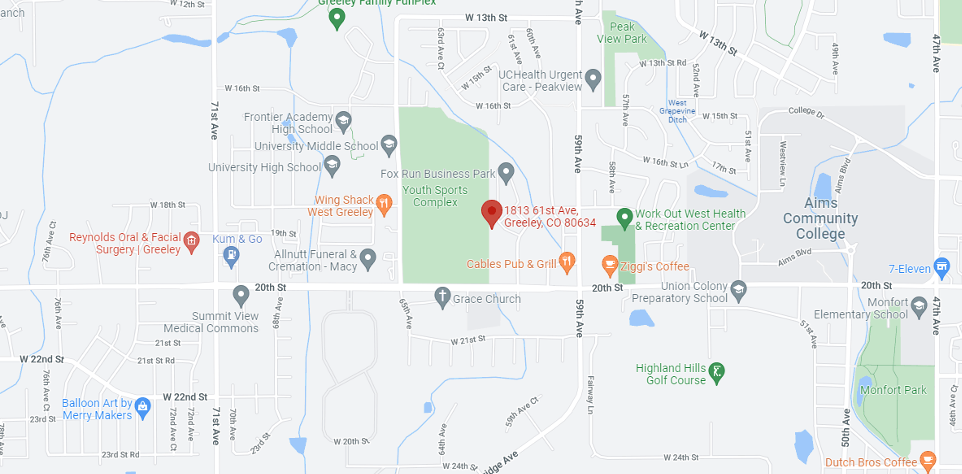The Perks of Dairy
November 17th, 2021

We all remember hearing this: “Finish your milk, it’s good for your bones!” If you have kids of your own now, you may catch yourself repeating many of the things you were told growing up.
Though parents occasionally exaggerate to get their kids to do certain things (such as eat veggies or behave), they’re spot-on about milk. Consuming enough dairy every day is crucial for growing children, because this can set them up to have strong and healthy teeth for the rest of their lives.
To understand the effects of dairy on your child’s teeth, take a look at tooth structure. Think of it in terms of layers: the innermost layer is the living tissue, the second layer is dentine (a calcified tissue), and the final one is the enamel, aka the white part of the tooth. Keep in mind that 96 percent of your enamel is made up of minerals like calcium.
Now, milk and other dairy products are excellent sources of calcium, so when you consider the need to build strong enamel for the first line of defense, it’s easy to see the connection between dairy and good dental health. When your son or daughter consumes dairy products, the body sends the incoming calcium to growing bones, which includes teeth.
This makes children’s teeth and bones stronger all around. Growing youngsters who do not get enough dairy in their diet are at risk for improper tooth development, as well as other dental problems.
According to the U.S. Department of Agriculture, children under the age of eight should be receiving at least two and a half cups of dairy per day. Children older than eight require three full cups, which is the same amount recommended for male and female adults.
If you’re looking for easy ways to incorporate dairy into your children’s diet, try snacks like cottage cheese, a milk-based smoothie, yogurt, cheese sticks, non-fat milk, and fruit parfaits, to name a few. Once you get a feel for what they like most, furnishing the ideal amount of dairy to their diet should be no problem!
If you’re concerned about your child’s teeth or have questions about a healthy diet, don’t hesitate to contact our Greeley office and ask a member of our team.



